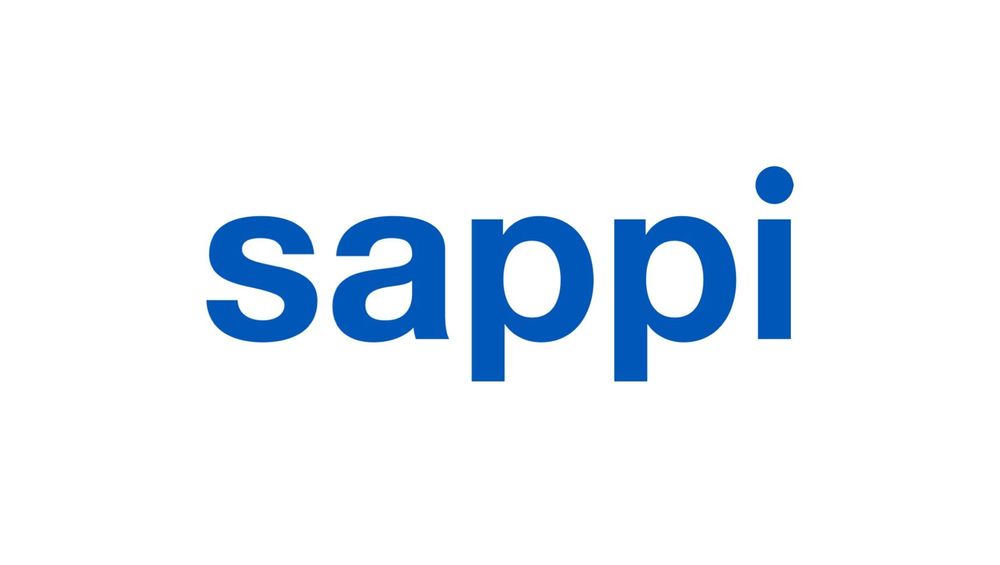Sappi Explores Climate Risk Framework
Sappi Mitigating Greenhouse Gas Emissions by Identifying Projects That Will Decarbonize Operations in Each Region Over the Next Five Years

At the group level, Sappi has made significant progress to mitigate greenhouse gas emissions by identifying projects that will decarbonize our operations in each region over the next five years.
We also made significant progress in assessing our resiliency to physical risk, transitional risks, and opportunities resulting from climate change, as framed by the Task Force on Climate-Related Financial Disclosures (TCFD).
The TCFD framework was developed “to help public companies and other organizations more effectively disclose climate-related risks and opportunities through their existing reporting processes.”*
We believe climate change will have an unavoidable effect on our business in the form of transitional, reputational, and physical impacts. Over the past year, we undertook a global initiative that focused on our primary assets. This included 18 of our mills covering all three regions, as well as all of Sappi’s plantations in South Africa.
We worked with outside consultancy S&P Global and the University of the Witwatersrand’s Global Change Institute to help us establish long-term climate change trends and implications through 2050, primarily for South Africa. Due to the nature of our operations, which are mostly capital-intensive assets that are not easily relocated, we adopted a conservative view on physical climate projections, aligning with Representative Concentration Pathway (RCP) 8.5, which assumes a worst-case future climate scenario.
Over 60 employees participated in the initiative. Operational risk teams from each region documented past climatic events, costs, and mitigation strategies to more fully understand the physical and transitional risks of climate change. We made very good progress in assessing how we can embed climate change into our risk-register methods, thereby improving our overall approach to risk.
Beyond assessing our climate-related risks and opportunities as noted in the “strategy” core element in the figure, we are updating our governance, riskmanagement processes, metrics, and targets. At the group level, we have identified climate change as a top 10 risk that underpins all four key fundamentals of our business strategy. More information can be found in our 2021 Annual Integrated Report and 2021 Sappi Group Sustainability Report.

